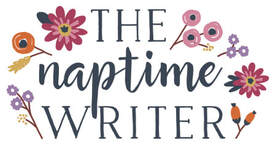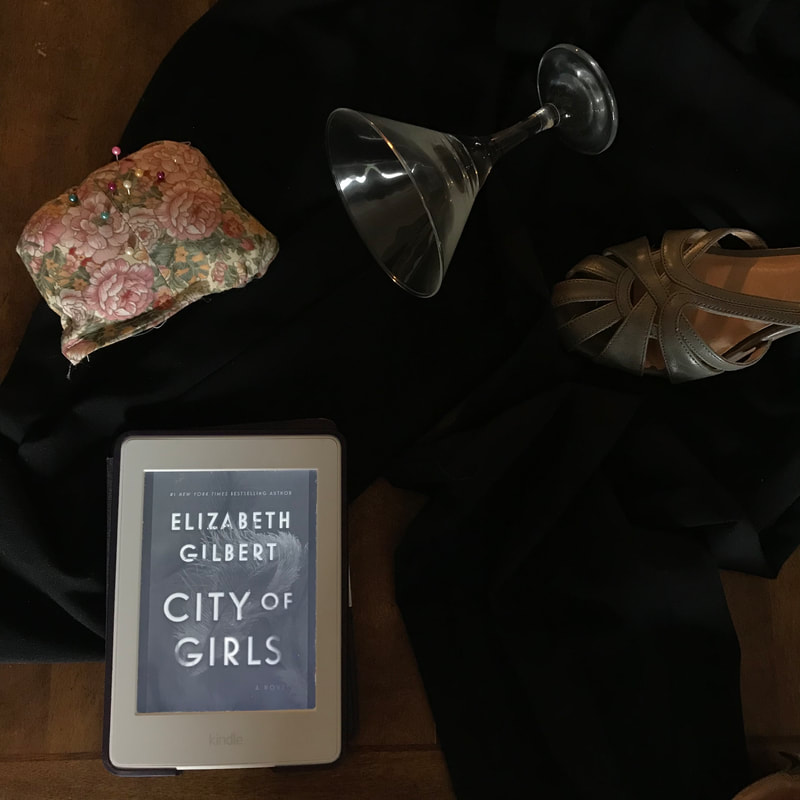|
When I was around six, I remember watching my mom walk around—probably putting away folded clothes—and I asked her what the word “love” meant. It’s been a long time since that moment, but I still remember the suddenness of it—my feeling, maybe of confusion, maybe a little bit of panic,--that the word meant something even more than what I thought I knew.
Elizabeth Gilbert’s compulsively readable City of Girls is about love, in a nutshell. The different kinds of love and the different ways it’s expressed: the love that we stumble into and seek out, that we chase and run away from, and that we deny ourselves or that’s denied us. Outward love and self-love; friendship and physical love and emotional. It’s all there in City of Girls, the story of Vivian and New York City and the men, and importantly for this book, the women, she meets along the way. From the first pages of the novel, I was mesmerized by Vivian’s written response to a woman named Angela; Angela has asked Vivian to answer the question “What was I to her father?” it turns out that the question is pretty complicated. Vivian tells Angela how she came to be in NYC in the early years of the 40s, how she became a costume designer, how she spent her days and nights exploring what made her feel alive, and how it results in a sex scandal that takes her years to recover from. If this were a Thomas Hardy novel, her story would have probably ended soon after, and in a terribly tragic way. But this isn’t ultimately a story about punishment or castigation, even though Vivian regrets the hurt she caused others and is unflinchingly honest about her mistakes, failings, and moments of self-absorption. It’s a book that’s about love (see above) and growth and connection, about satisfaction, as Vivian says, and happiness, and that’s something that I needed to read. That I wanted to read, as well. City of Girls is beautifully, compellingly written. Vivian is funny and astute, introspective without being dour, and endlessly interesting. I recognized bits and pieces of myself in her—some things that I like and some things I don’t. And Gilbert evokes a New York—of the 40s through 60s primarily—that I’ve never experienced but that I was fully engrossed in, even as it all felt modern. (Which is part of the point, I think. As Vivian says in her narration, we tend to think that belonging to a younger generation means we’re doing something newer, bolder, that we are modern and by default, the people before us weren’t, and of course that’s a silly delusion/lie we tell ourselves). City of Girls was not always easy to read, even as it was. Gilbert pulled at my emotions, and at moments, my uncomfortable secondhand emotions were running strong, but the sentences unfurled smoothly, beautifully, wonderfully, and I couldn’t wait to see where Vivian was going to take Angela (me). Thank you Elizabeth Gilbert for this lesson in loving others.
0 Comments
Leave a Reply. |
About me.Give me that HEA, please.
Join my mailing list.Want to receive a weekly email with links to my latest blog posts? Sign up below!
Archives
April 2024
Categories
All
|


 RSS Feed
RSS Feed
